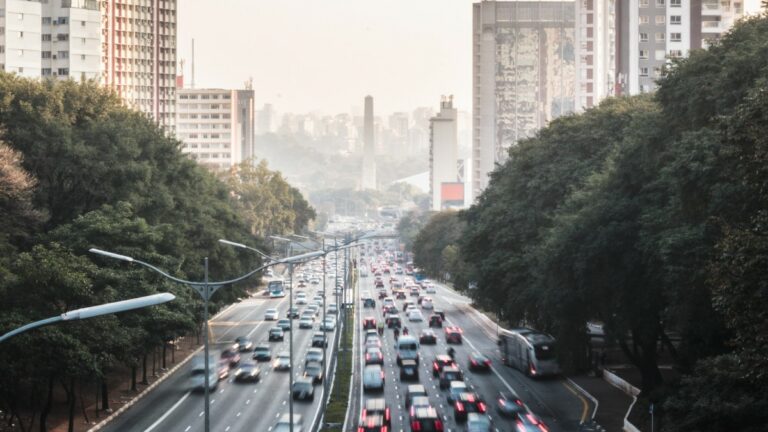

A leaf that looks like lungs with the text ‘The Future Says clean air for all’
Clean air for all
Our global research is creating innovative solutions to tackle air pollution in the UK, China, India, Brazil and many other nations.
What’s the problem?

Air pollution is a global killer. According to the World Health Organization:
- 91% of Earth’s population lives in places where air pollution exceeds safe guidelines.
- Infection and diseases related to air pollution cause seven million deaths every year.
- 90 per cent of air-pollution-related fatalities occur in low and middle-income countries.
It’s not just poorer nations paying the price either:
- In the UK, air pollution leads to the premature deaths of an estimated 40,000 people per year.
- Treating health complications caused by poor air quality annually costs the NHS around £160m.
And we haven’t even mentioned how air pollution exacerbates climate change.
What we’re trying to do
“Our goal is to ensure everyone in the world has access to clean air,” says Surrey’s Professor Prashant Kumar. “That’s why we founded the Global Centre for Clean Air Research (GCARE) in 2017.
“Major funding bodies, such as UK Research & Innovation and Horizon Europe, industries and charities support GCARE initiatives. So far, we’ve delivered more than 40 projects focused around fundamental or application-oriented science, technological developments and citizen science. They make a real difference around the world.”
These have produced a wealth of evidence-based public resources. Our community-focused initiatives include:
- Mitigating air pollution in and around schools: This brochure contains 12 easy-to-action steps to safeguard the health of schoolchildren. Already translated into 14 languages, its potential reach and impact is huge.
- Heat-Cool Project: This educational venture teaches children about the adverse impact of local heat sources, climate change and urban heat islands.
- HedgeDATE: This online tool allows users to describe their surrounding environment and suggests appropriate actions to improve air quality.
Prashant adds: ”Our peer-reviewed academic publications, guidance documents and policy briefs have been adopted by several organisations, communities and countries.
Who’s involved?
“We collaborate with partners around the world,” says Prashant. “These include researchers, community groups, parents, concerned individuals, citizen scientists, teachers and academics from Australia, the USA, India, China, Brazil, Colombia, Egypt, Nigeria, Ethiopia and many other countries.
“Closer to home, we set up Guildford Living Lab (GLL) in 2016. This allows academics and community stakeholders, such as Woking Green Party, to embed practices leading to better air quality, and contribute to climate mitigation and the carbon net zero agenda in the University’s home town.

Professor Prashant Kumar
Professor and Chair in Air Quality and Health, the founding Director of GCARE and the Associate Dean (International) for the Faculty of Engineering & Physical Sciences.
With more than 270 articles in top-ranked peer-reviewed journals, Prashant’s research has attracted over 12,750 citations and secured around £10m of individual funding from over £30m worth of projects. GCARE’s work also continues to attract media interest with more 4,000 articles produced to date.
Why we need your help
We’re looking for support in several areas:
- Global research: GCARE needs £10m to support its long-term vision for a Global Clean Air Institute. In the short-term, £1m will fund GCARE’s work for a year at different levels.
- Local research: GCARE is seeking support for Guildford Living Lab. Our shared vision is to raise awareness of air pollution and climate change locally, and to co-create and co-design sustainable solutions.
- Developing countries: GCARE is working with Official Development Assistance countries across the world through programmes such as CArE-Cities and CArE-Homes to reduce vulnerable people’s exposure to air pollution in the course of their daily activities.
- Educational & STEM initiatives: GCARE needs support for its activities to mitigate air pollution in and around schools and its STEM initiatives such as Heat-Cool. Successfully piloted in schools in Guildford and London, we plan to expand this across the UK and overseas.
- Fundamental and technological solutions: GCARE is at the forefront of developing fundamental science in the domain of indoor and outdoor air pollution linked to human health and the environment. We have drawn on our extensive experience in air quality to support the fight against Covid-19. We are part of the international effort making a case for the recognition of airborne transmission.

“We act collaboratively because the way we’ll tackle air pollution is together. We can all play a role in ending this problem.”